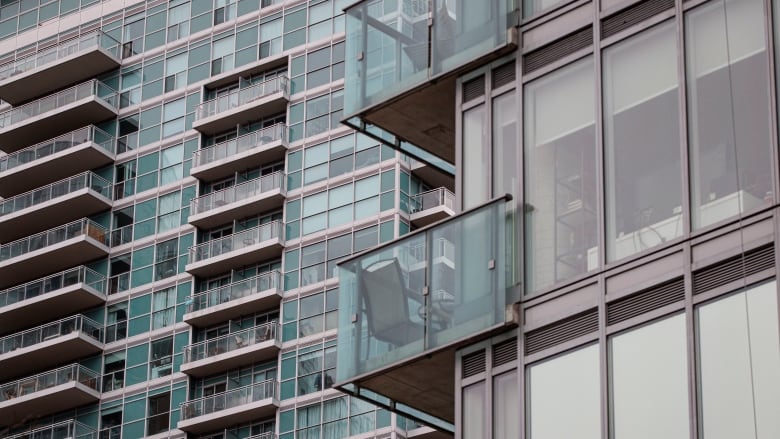Toronto city council says it has strengthened its short-term rental bylaw to crack down on operators who exploit regulatory loopholes.
Council is raising registration fees, increasing vetting of hosts and allowing for snap inspections through changes to the city’s short-term rental bylaw. The city will also hire nearly two dozen more inspectors.
Council passed changes to the bylaw at a meeting on Thursday night.
Mayor Olivia Chow said on Friday that the bylaw amendments will help to address the city’s housing crisis. She said the changes will allow legitimate users to rent out their homes while giving the city increased powers to crack down on speculators.
In 2021, Toronto introduced its short-term bylaw to govern rentals that operate through online platforms such Airbnb. Since then, critics have said the city hasn’t done enough to combat people breaking the rules, renting out properties that aren’t their primary residences.
Some people were providing false identification to get multiple listings, but the city has figured out a way to prevent that activity. It will be able to ask operators to submit at least two documents in addition to government-issued identification to demonstrate that the proposed short-term rental is their principal residence.
According to the city, a short-term rental is all or part of a dwelling unit rented out for less than 28 consecutive days for payment. These rentals includes bed and breakfasts but excludes hotels and motels.
The city says a short-term rental company is any company facilitating or brokering short-term rental reservations online and receiving payment for this service, such as Airbnb and Booking.com. All short-term rental companies are required to obtain a licence to operate in Toronto.
The city regulates short-term rental activity by requiring short-term rental operators to be registered and short-term rental companies to be licensed with the city and abide by operational standards and regulatory requirements. The regulations allow property owners and tenants who are registered as short-term rental operators to rent their principal residence for a period of less than 28 consecutive days.
Nathan Rotman, Airbnb regional lead for U.S. northeast and Canada, said on Friday that Airbnb is pleased with the changes but believes the updated rules do not represent a major change.
JJ Fueser, researcher with the Fairbnb Canada network, said council has adopted a much stronger enforcement regime by updating its rules. She said the network supports the changes, which she called a step forward, and believes the rules will crack down on a number of scams.
Fueser said the changes were all about making sure the hosts abide by the principal residence requirement. Fairbnb thinks the bad actors number only about 5,500 out of up to about 9,000 short term rental hosts in Toronto.
In a city staff report, staff said they had recommended: strengthening the principal residence requirement through improvements to registration standards; amending definitions to clarify the bylaw; enhancing advertising, data sharing and data verification requirements with short-term rental companies; streamlining the process to revoke a short-term rental operator’s registration; and introducing additional measures to curtail rental activity by unregistered operators.

